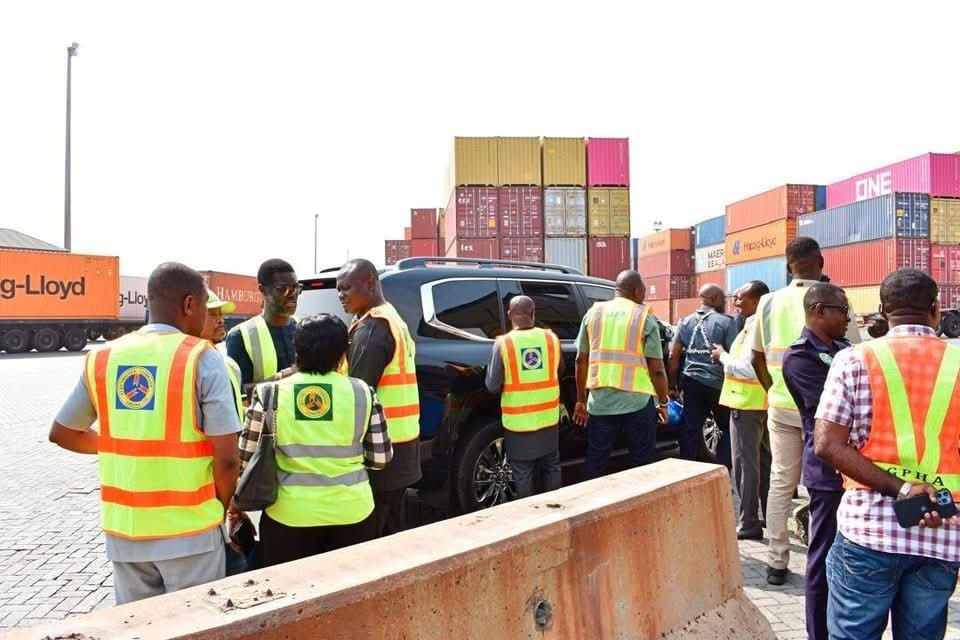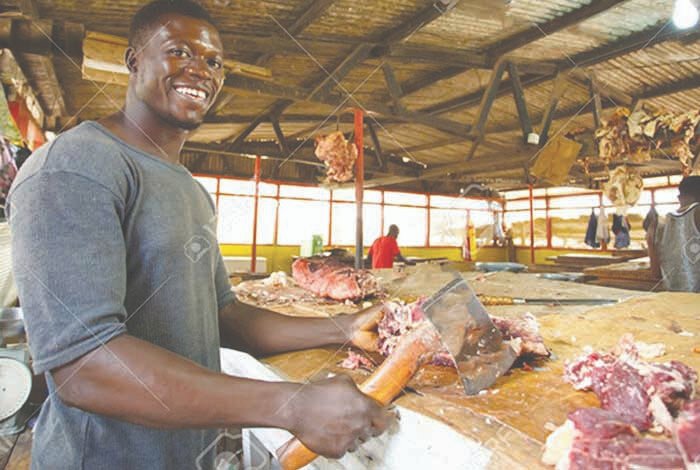ARTICLE AD
Members of the public have been advised to take responsibility for the animal products they consume to protect their health.
According to the Veterinary Services Directorate (VSD) of the Ministry of Food and Agriculture (MOFA), it could not guarantee the safety of most animal products on the markets due to the level of public resistance it continues to face in the discharge of its mandate as well as resource constraints.
“You are what you eat so when buying food, especially animal products and you are told this animal is not in good condition, its not from recognised sources, its unhealthy for consumption and you buy because its cheap, its your own health you are putting at risk,” the Greater Accra Regional Veterinary Director, Dr Joseph Kofi Abuh, cautioned.
He was speaking at the launch of this year’s Food Safety Month in Accra on Friday on the theme: ‘Food Safety: Preparing for the unexpected’.
The annual event dedicated to raising awareness about the importance of food safety for public health, this year, emphasises the need for proactive measures and resilience in managing food safety risks, especially those related to animal health.
Underscoring the importance of animal health in ensuring food safety, the Regional Director stressed the need to fully empower the VSD to discharge its role to prevent foodborne illnesses and maintain the safety and integrity of the food value chain.
“We are the authority for animal health and veterinary public health but we are constrained in terms of finances, human resource, and logistics among others.
Our officers on the ground are sometimes physically abused, we don’t always have the full cooperation of the police to enforce the law, some of these butchers also have political backings, if not, slaughter houses in Accra, like Tulaku, Avenor and Jamestown should have been closed down by now because we have raised alarm several times of the unhealthy practices at these places.”
Dr Abuh, called for the expedition of the review of the Diseases Animal Act 1961 to institute the Animal Health Bill and among others, clearly define the roles of stakeholders along the animal production value chain.
“We believe the Animal Health Bill is very critical for food security and public health. The bill has been undergoing review since 2010 and currently with the Attorney General’s office. We want them to speed it up to move it to parliament so it can be passed into law.”
The Deputy Chief Veterinary Officer, Dr Yaw Fenteng Danso, launching the month-long campaign, said the VSD was committed to being at the forefront of ensuring that food products of animal origin were safe for public consumption.
“This month is an opportunity for us to come together and reaffirm our commitment to protecting public health through improved animal health practices and preparedness.
Preparing for the unexpected in animal health is crucial for food safety and by prioritising animal health, we can enhance food safety, protect consumers and promote sustainable agricultural practices,” he stated.
As part of the celebration, the VSD outlined activities to be held within the month, including food safety campaigns at selected slaughter houses and abattoirs, food safety campaigns in schools and cooking competitions.
More than 600 million people fall ill and 420,000 die each year from eating contaminated food, according to the World Health Organisation (WHO).
It says 75 per cent of new human pathogens detected over the last three decades originated from animals and at least 42 important diseases that affect humans are from ingestion and handling of food and water contaminated with animal remnants.
BY ABIGAIL ANNOH

 7 months ago
53
7 months ago
53 

